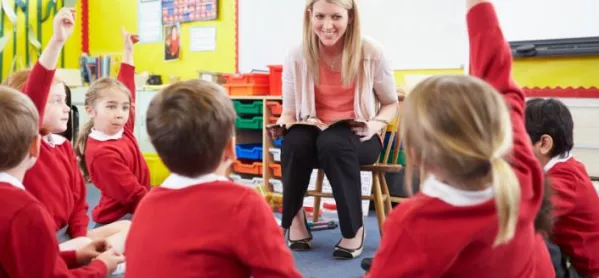The head of the organisation delivering the Department for Education’s controversial assessment of pupils in Reception has said she is “absolutely sure” it will deliver a “robust assessment”.
The baseline assessment, which will be piloted in September 2019 before becoming statutory in 2020, forms a key part of the new system for holding primary schools to account.
It will measure the progress children make between Reception and the end of Year 6.
The baseline assessment has provoked opposition from teaching unions and early years groups, although headteacher unions have supported its introduction.
Long read: Baseline and the battle over primary assessment
Exclusive: 12 organisations shunned baseline bid
Baseline: Plans to broaden baseline beyond maths and literacy dropped
Last year, the National Foundation for Educational Research (NFER) won the contract to design and deliver the programme.
Two other organisations that had, in addition to the NFER, run an earlier version of the assessment decided not to bid for the contract, saying the proposals were flawed.
This week, schools were invited to sign up for the pilot of the new assessment.
Speaking before this week’s announcement, Carole Willis, chief executive of the NFER, told Tes that the assessment would be reliable and useful.
She said: “We looked at this very carefully before we even bid for the contract to run the Reception baseline assessment because we are a charity, we are here to improve education and I wanted to be absolutely sure that we would be able to develop a robust assessment that would inform the accountability system, and would help understand more about schools and the value they are adding to children’s education.
“We concluded that we could do that, and we felt we actually had a responsibility to work with the government to develop the new assessment.
“We have more than 70 years of experience in assessment. It’s a very complicated area, and my view has always been that progress measures are much better as a means of understanding a contribution that schools make than an absolute measure.”
Ms Willis dismissed concerns that the seven-year period for which the new regime would hold schools to account was too long. Critics have noted that it is longer than the average tenure of a primary headteacher, and means that more recent leadership teams could be held to account for the actions of their predecessors.
Ms Willis said: “Teachers and heads may change during that seven-year period, but children spend seven years in primary school.
“We want schools to be focused on improving their outcomes all the way through, so I don’t see a particular concern in that.”




